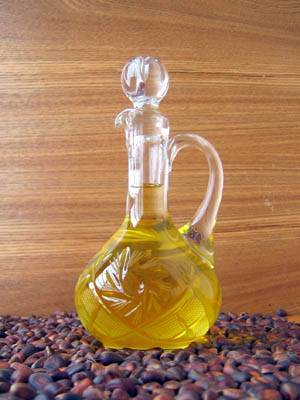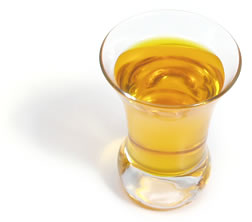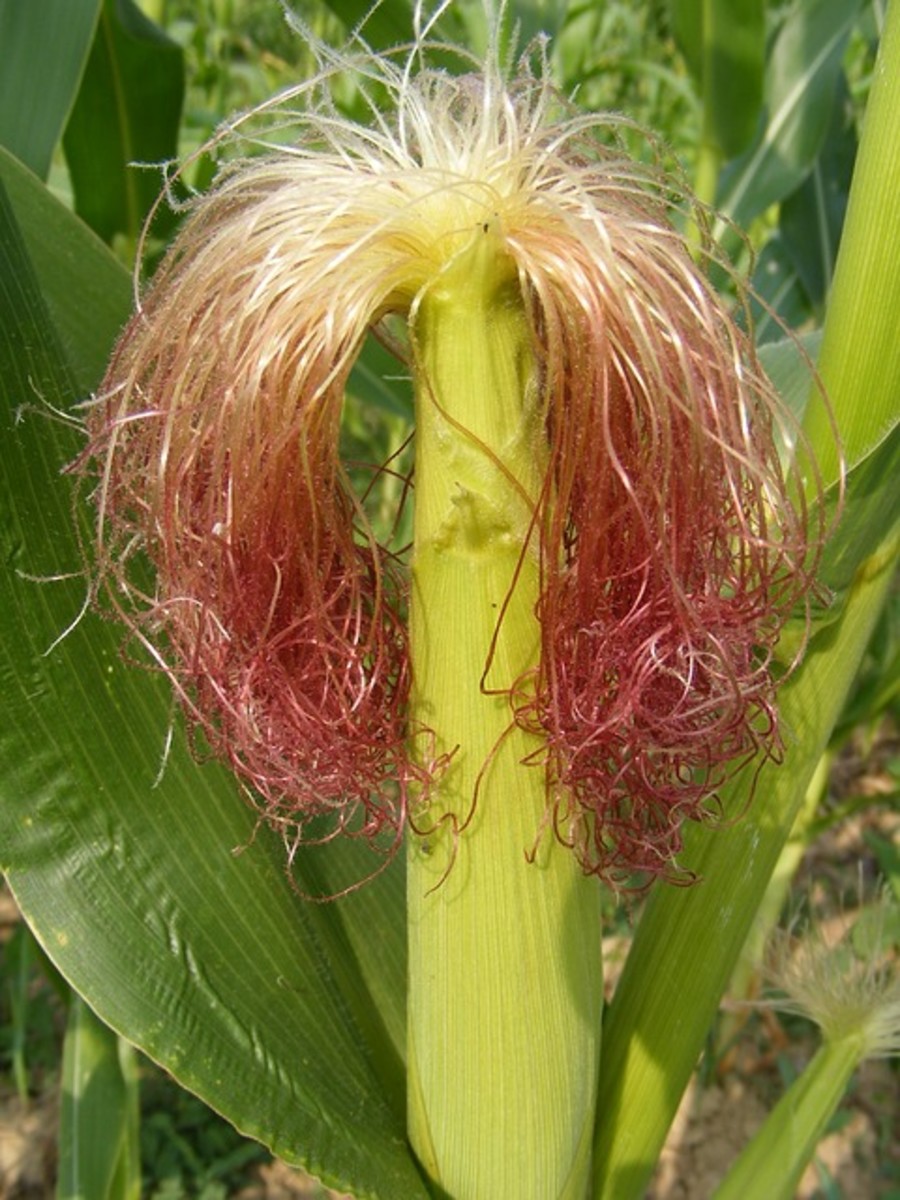Making Essential Oils Using Nuts

Making Essential Oils Using Nuts
Common sources for essential oils used in aromatherapy are derived from different plant parts, such as leaves, flowers, stems, barks, roots, among others. But did you know that nuts are also utilized to produce essential oils?

Nut Ingredients in Essential Oils
Although essential oils produced from nut ingredients are common, not too many people are aware about the processes involved with making essential oils using nut sources, unlike plant materials. However, nut essential oils are as effective and have as much use in aromatherapy as other types of essential oils. Most types of nut essential oils are used as carrier oils, such as sweet almond oil, which is the most common nut oil used as carrier oil.
Although just as effective when treating specific conditions, there is a certain disadvantage to using essential oils produced from nut ingredients. That would be the possibility of producing allergic reactions. The use of essential oils from nut sources then require added precautionary measures, especially for topical use. If you are to use nut essential oils as rub, massage oils, or other form of topical application, you must therefore use carrier oil to dilute the essential oil. The ideal type of carrier oil for nut essential oils is the wheatgerm.

Ingredients for Oil Blends
You can create homemade nut essential oil blends for a variety of applications including facial oils, massage oils, or healing blends. You have to secure the following ingredients needed for preparation though:
- Protein – You can get this from the use of wheatgerm oil, which is why it is highly recommended to be used as carrier oil.
- Fatty acids – You can get fatty acids from various carrier oils such as sweet almond or wheatgerm.
- Vitamins – The ideal type of vitamin to use in nut essential oils is vitamin E. But if you intend to make nut essential oils to treat specific conditions, then you can do a mini-research on which nut sources produce the type of vitamin you need.

All About Almond Oil
All about Macadamia Nut Oil
Oils of Aloha open house
Common Nut Essential Oils
Essential oils made from nut ingredients are readily available in most health shops but you can certainly prepare them at your own. This will enable you to choose specific types of nuts to create essential oils and extract its therapeutic properties for certain conditions you want to undergo healing.
Below is a look at some of the most common essential oils made from nut ingredients and the benefits of using them.
Almond Oil
Almond oil is a type of essential oil extracted from the Almond tree, which is common in Asia and North Africa. There are two varieties of almond available: bitter and sweet. The sweet almond variety is more commonly used in aromatherapy for its therapeutic and medicinal properties that enable it to treat diseases such as heartburn.
Almond oil is also ideal for skin care, especially those individuals with flaky skin. To achieve more vibrant looking skin, simply cleanse your face before adding a few drops of pure almond oil. Make sure that the oil is properly smoothed over your face using gentle strokes. Allow the almond oil to dry and leave it there to provide a natural layer of facial skin protection.
Aromatherapists insist, however, that almond oil be used only externally such as cleansing blends or massage oils.
Macadamia Nut Oil
As the name implies, this type of oil is derived from Macadamia nuts which is native to both Australia and Hawaii. It is rich in monounsaturated fats and palmetolaic acid, which helps reduce the amount of cholesterol in the body.
Indeed, this is a healthy kind of oil and is one of the reason why it has gained a wide use in the culinary world. For one, it comes from healthy ingredients and produce a better taste than any other types of oil. In fact, it has been considered as an ideal substitute for olive oil.
Here are some of the benefits in using macadamia nut oil:
- This oil is beneficial for the nervous system, as well as in improving cardiovascular health.
- This oil is ideal for individuals who are suffering from diabetes as a means of sugar regulation.
- When used for cooking, Macadamia oil adds more vigor into the dish' flavor without sacrificing your health.

Some more Nut Essential Oils
Pecan Nut Oil
The nut from the pecan tree is extracted to produce Pecan Nut Oil, which is widely used in aromatherapy. It has a very low saturated fat content, which makes it a healthier choice over other types of oil such as peanut, olive, or corn oil. It also contains certain fatty acids including linoleic acid, oleic acid, alpha-linoleic acid, palmitic acid, palmitoleic acid, among others.
When used for cooking, pecan nut oil produces a flavor that is slighty acidic, which makes it ideal for use in salads as dressing. It is also a popular choice in other dishes that are either based on corn or rice.
Pecan nut oil produces a surprisingly strong aroma that is similar to the ones produced when grilling or smoking.
Brazil Nut Oil
Brazil Nut Oil is what is commonly referred by the more popular term Amazon Nut Oil. It is extracted from the Brazil nut tree native in Brazil and various Amazon rainforests. The oil produced from the Brazil nut tree contains several fatty acids such as alpha linoleic acid, palmitic acid, oleic acid, and linoleic acid. It is also a good source of selenium and the amino acids present in the Brazil nut oil cater to the better absorption of selenium.
In terms of its application in aromatherapy, Brazil Nut oil is a common ingredient in various aromatherapy products such as soaps, shampoos, and other similar products for its ability to produce healthy hair. It is also ideal for use as skin care as it helps keep your skin lubricated and moisturized.
Pine or Cedar Nut Oil
To produce this type of oil, the edible seeds from the pine tree go through a process known as cold-pressing, which utilizes manual wooden oil-press. After the pine nut oil is extracted, they are kept in special containers and must be kept away from contact with any kind of metal.
During storage, it has a specific temperature requirement to preserve the natural components of this oil type. Pine nut oils are mostly intended for internal use and are known for increasing energy levels and improving mental vitality.
Links on Nut Essential Oils
- Essential Oils used for Insomnia and Sleep Apnea
It's a fact that essential oils are used for Insomnia and sleep apnea, which is poor-quality sleep or habitual sleeplessness, repeated night after night.










